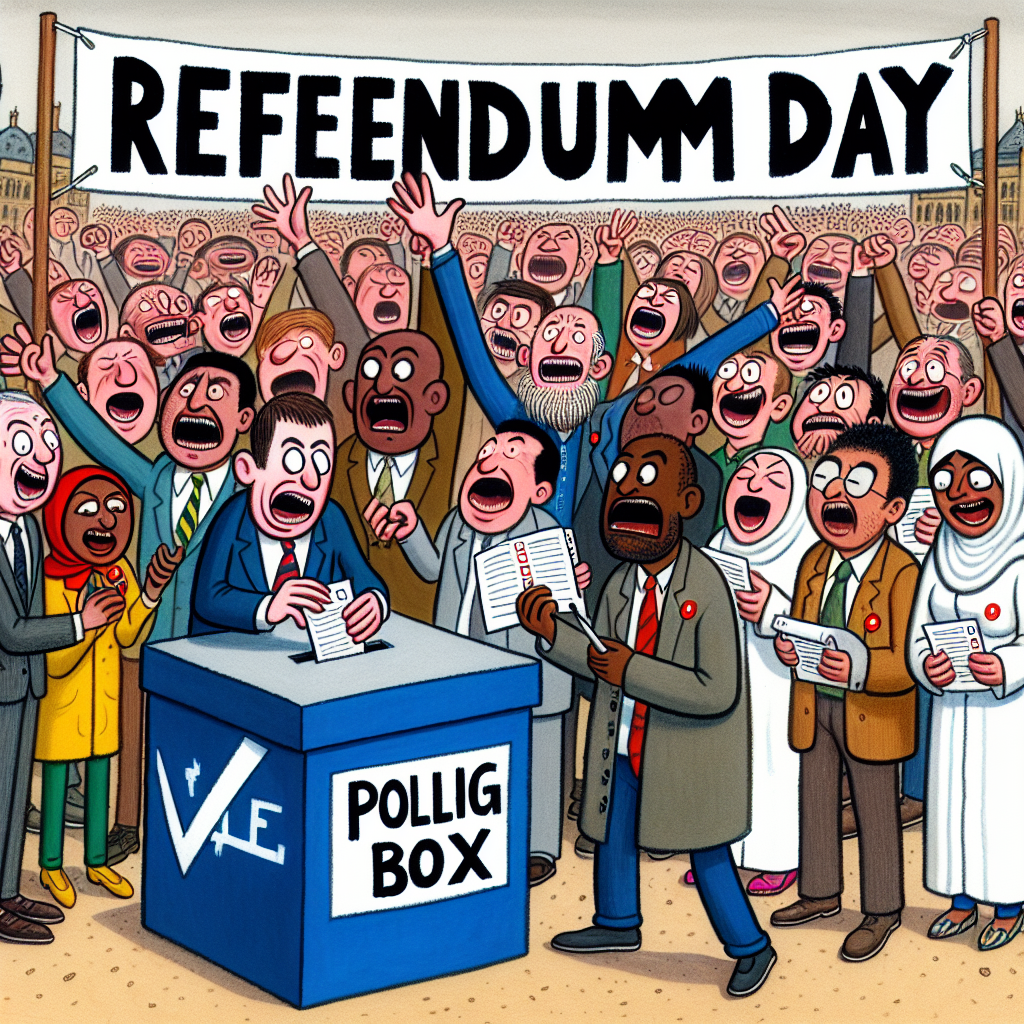Qatar's Referendum Reversal: A Step Backwards for Gulf Democracy
Qatar's emir announced a referendum to potentially end the election of advisory Shura Council members, citing identity-based tensions. This move reflects broader regional trends as Gulf states slowly retreat from democratic reforms. Critics argue it diminishes popular representation and democratic accountability in the region.

- Country:
- United Arab Emirates
Qatar's ruler, Sheikh Tamim bin Hamad Al Thani, signaled a potential reversal in the country's experiment with elected governance by announcing a referendum on the Shura Council's electoral process. This decision reflects the complex socio-political dynamics within Qatar, where identity-based tensions have reportedly escalated.
The Shura Council, an advisory body with limited powers, plays a role in shaping laws and offering advice. Yet, this move highlights a broader trend in Gulf states rolling back democratic reforms, exacerbated by geopolitical tensions after the Arab Spring and external pressures for democratization.
Despite initial moves towards representation post-9/11, and especially following the 2011 Arab Spring, experts like Kristin Smith Diwan note a persistent retreat from these reforms. As Qatar navigates its role on the international stage, including hosting the 2022 FIFA World Cup, the decision to rethink its governance reflects broader regional debates over representation and accountability.
(With inputs from agencies.)
ALSO READ
Nepal's Political Parties Focus on Dynamic Foreign Policy Ahead of Elections
NDBA Encourages Video Conferencing Amidst Upcoming Elections
India Scrutinizes Middle East Exposure Amid US-Iran Tensions
Saudi Arabia's Nuclear Ambitions: A Potential Game-Changer in Middle East Dynamics
Priyanka Gandhi Vadra's Strategic Assam Visit: A Prelude to Elections










